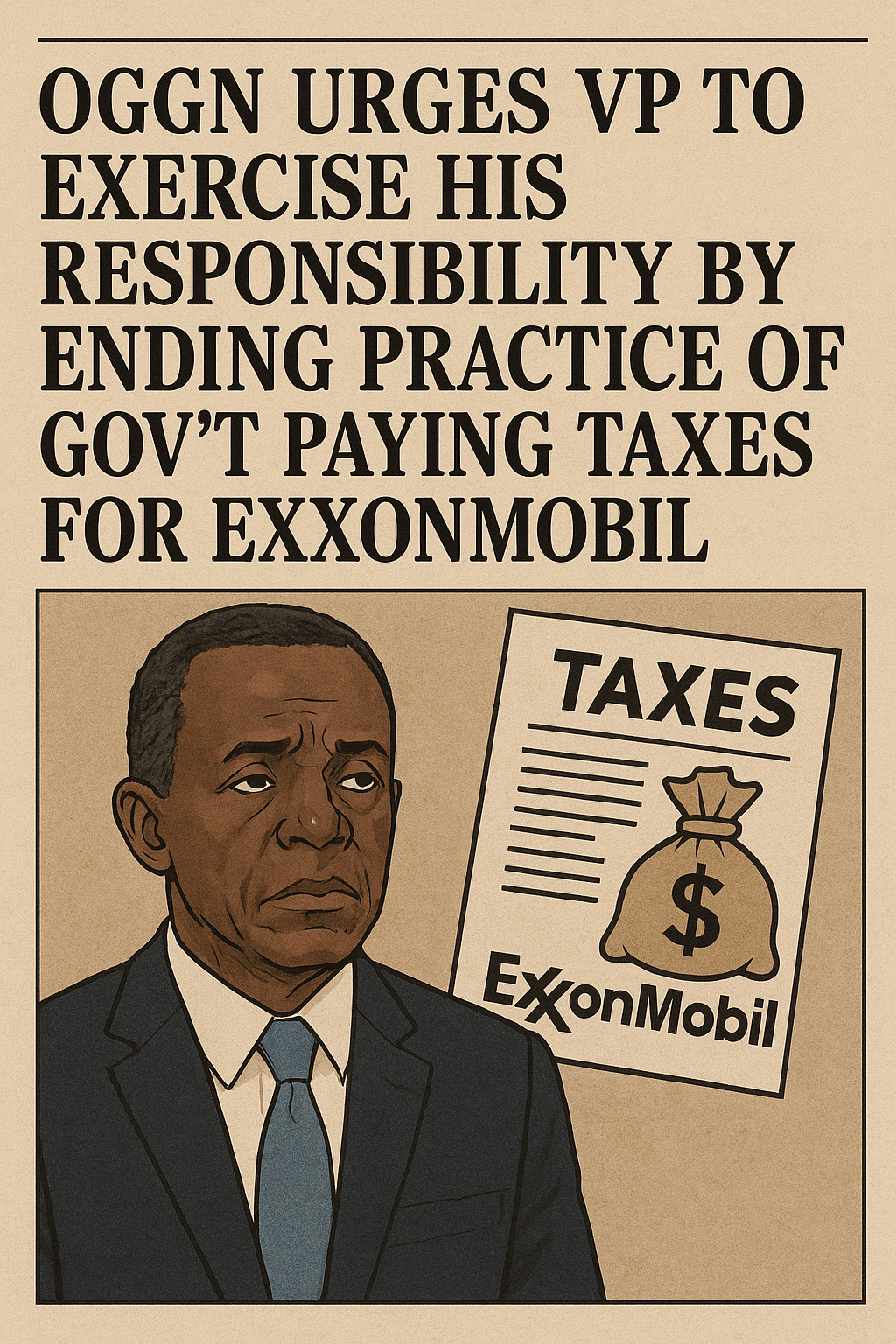The OECD/G20 Inclusive Frame-work on Base Erosion and Profit Shifting (BEPS) is implementing a landmark reform to the international tax system, which will ensure multinational enterprises will be subject to a 15% effective minimum tax rate. The details can be found via this link https://www.oecd.org/tax/beps/. Domestic tax avoidance by BEPS due to multinational enterprises exploiting gaps and mismatches between different countries’ tax systems affects all countries. Develop-ing countries’ higher reliance on corporate income tax means they suffer from BEPS disproportionately.
Working together in the OECD/ G20 Inclusive Framework on BEPS, over 142 countries and jurisdictions are implementing 15 Actions to tackle tax avoidance, improve the coherence of international tax rules, ensure a more transparent tax environment and address the tax challenges arising from the digitalisation of the economy. Importantly, the minimum tax rate of 15% will apply to large multinational enterprises with annual revenue of at least USD 750 million, whereby the minimum tax rate must be reached in each jurisdiction. Hence, if a jurisdiction fails to implement the 15% minimum tax rate others can claim those taxes for themselves.
Where does Guyana stand on the issue of base erosion and profit shifting by multinational companies? To date, Guyana has failed to join the list of countries of the OECD/G20 Inclusive Framework on base erosion and profit shifting (BEPS). Interest-ingly, the list includes most CARICOM members, including Antigua and Barbuda, Bahamas, Barbados, Belize, Domenica, Grenada, Haiti, Jamaica, St. Vincent and the Grena-dines, and Trinidad and Tobago. Furthermore, all associate CARICOM members including Bermuda, British Virgin Islands, and the Cayman Islands, many known as tax havens, are also on board. For unknown reasons, the topic of fighting tax evasion of multinational companies has failed, to date, to gain any attention of President Ali, Vice President Jagdeo or Finance Minister Singh.
Which multinational enterprises operating in Guyana would be subject to the global 15% minimum tax rate? The most obvious companies fitting the multinational enterprises category are Exxon and its partners Hess and CNOOC, who are developing Guyana’s offshore oil resources in the Stabroek Block. They are operating under a Production Sharing Agreement (PSA), which guarantees effective tax exemption for the entire term of the contract. The PSA stipulates that the Government of Guyana pays the taxes owed by Exxon, its partners and subcontractors to the Guyana Revenue Authority, and then (astonishingly!) issues certificates of paid taxes. This enables Exxon and its partners to claim tax credits in their home countries.
For 2021, Oil & Gas Governance Network (OGGN) has recently estimated that Guyana has forgone at least USD 397 million in taxes to Exxon and its partners. By contrast, the closing balance of the Natural Resource Fund (NRF), Guyana’s sovereign wealth fund, was at USD 608 million at the end of 2021 as reported by the Ministry of Finance. The NRF is fed by revenues from Guyana’s oil sales and royalties paid by Exxon and its partners, since the onset of oil production in 2019. In other words, the tax exemptions granted to the oil companies in 2021 alone amounted to 65% of Guyana’s total oil revenues earned between 2019 and 2021.
What are the consequences of Guyana’s absence from the OECD/G20 Inclusive Framework on base erosion and profit shifting (BEPS)? First, Guyana is losing out on taxing its largest contributors to its rapidly growing economy. According to the International Monetary Fund, the oil and gas industry is expected to account for 60% of Guyana’s nominal domestic product in 2023. Second, failure to tax Exxon and its partners, means that Guyana’s ability to build up foreign currency reserves, primarily in US dollars, is seriously undermined. If Exxon were to pay taxes in Guyanese dollars, they would have to exchange millions of US dollars at the Bank of Guyana to meet their tax duties. This would rapidly increase Guyana foreign currency reserves. Finally, any taxes on multinational enterprises not claimed by Guyana will be claimed by other jurisdictions, such the United States and China. Not taxing Exxon and its partners in Guyana is to the benefit of others.
Tax exemption clauses are an important tool to attract foreign companies to set up operations domestically, but they need to be issued with strict term limits, such as a maximum of ten years. Guyana has failed to do so with the Stabroek Block PSA signed in 2016. The current PPP-led administration has, to date, rejected calls to lift the indefinite tax exemptions granted to Exxon and its partners. Overall, failure to tax multination companies operating on Guyanese soil is reckless and a bad governance policy. How can a government expect simple citizens to pay their taxes, while the big fish remain exempt from taxation? This policy is unsustainable and will be a hard sell for any party planning to contest the upcoming general elections in 2025.
As a first step to fix the unfair taxation regime of multinational companies, Guyana needs to join the OECD/G20 Inclusive Framework on Base Erosion and Profit Shifting (BEPS). Secondly, it needs to implement a minimum 15% corporate tax rate for all new production sharing agreements. Finally, the Government of Guyana needs to renegotiate the Stabroek Production Agreement on the basis of having to comply with the OECD/G20 Inclusive Framework on Base Erosion and Profit Shifting (BEPS). This is a strategy that Exxon and its Stabroek Block partners can hardly reject.
Sincerely,
Andre Brandli, PhD
Professor, Ludwig-Maximilians-University
Munich











